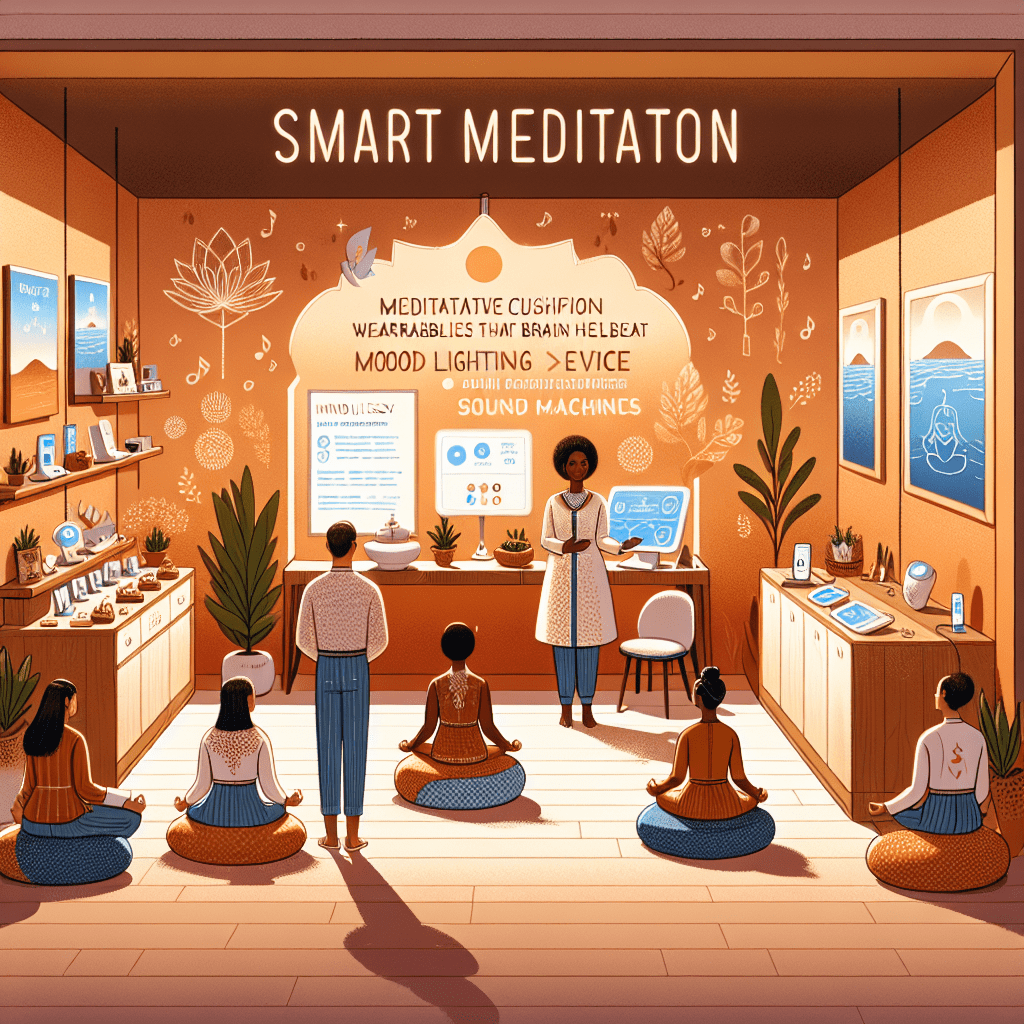
Prioritize your mental well-being daily. Enhance your life by nurturing your mental health with the Smart Meditation app. Break free from stress, alleviate anxiety, and enhance your sleep quality starting today.
Can Antidepressants Cause Constipation?
The Unspoken Side Effect: When Antidepressants Tie Your Stomach in Knots
Navigating the world of antidepressants can be akin to walking through a dense fog. You’re searching for relief from the debilitating grip of depression, only to possibly bump into an array of side effects that you didn’t sign up for. Among these, a particularly discomforting one lurks in the shadows – constipation. This isn’t just a minor inconvenience; it’s a condition that can significantly impact your quality of life. But how exactly do antidepressants and constipation end up in the same sentence? Let’s unravel this complex tapestry, thread by thread.
A Tangled Web: How Antidepressants May Lead to Constipation
First off, it’s essential to grasp that not all antidepressants were created equal; they’re a varied bunch, each with their own modes of operation and potential side effects. SSRIs (Selective Serotonin Reuptake Inhibitors) and SNRIs (Serotonin and Norepinephrine Reuptake Inhibitors) are the usual suspects in the lineup of antidepressants. While they are on a mission to boost your mood by altering brain chemistry, they might also meddle with other areas of your body, including the digestive system.
Here’s the scoop – the gut is chock-full of serotonin receptors. When antidepressants elevate serotonin levels in the brain to give you that mood lift, they also affect serotonin activity in the gut. Since this chemical plays a crucial role in the bowels, promoting the movement of your digestive tract, the result of this interference can often lead to constipation.
But wait, there’s more! Antidepressants, especially older ones like tricyclic antidepressants, can have an anticholinergic effect. In plain English, this means they can slow down the nerve signals in your body. When these signals that prompt your intestines to contract and move things along get sluggish, so does your digestion, paving the way for constipation.
Strategies for Managing Antidepressant-Induced Constipation
If you find yourself in this sticky situation, don’t despair. Here are a few pointers to help you manage this side effect, while still reaping the benefits of your antidepressant treatment:
- Hydration is Key: Kick-start your day with a glass or two of water. Staying hydrated can help soften your stool, making it easier to pass.
- Fiber Up: Incorporate fiber-rich foods into your diet. Think fruits, veggies, and whole grains. This isn’t just good advice for those on antidepressants; it’s a golden rule for everyone.
- Move It or Lose It: Regular exercise can work wonders for your digestive system. Even a brisk 30-minute walk can help get things moving.
- Consult the Experts: Always loop in your healthcare provider if you’re experiencing side effects. They might adjust your dose or suggest a different antidepressant that may not have the same impact on your bowels.
Dealing with constipation as a side effect of antidepressants might feel like adding insult to injury. After all, you started medication to feel better, not to trade one discomfort for another. However, understanding the link between these medications and digestive issues can empower you to take proactive steps in managing your well-being. Remember, it’s all about finding the right balance – tweaking your routine, diet, or even your medication, under professional guidance, can put you back on the path to both mental and physical health.




